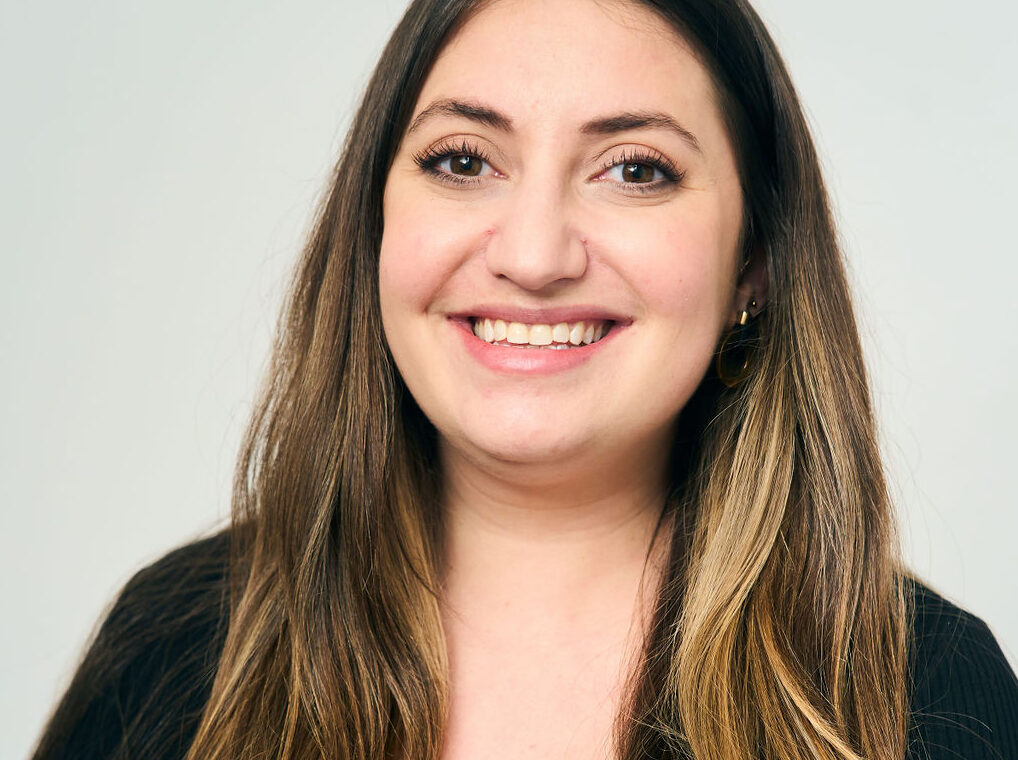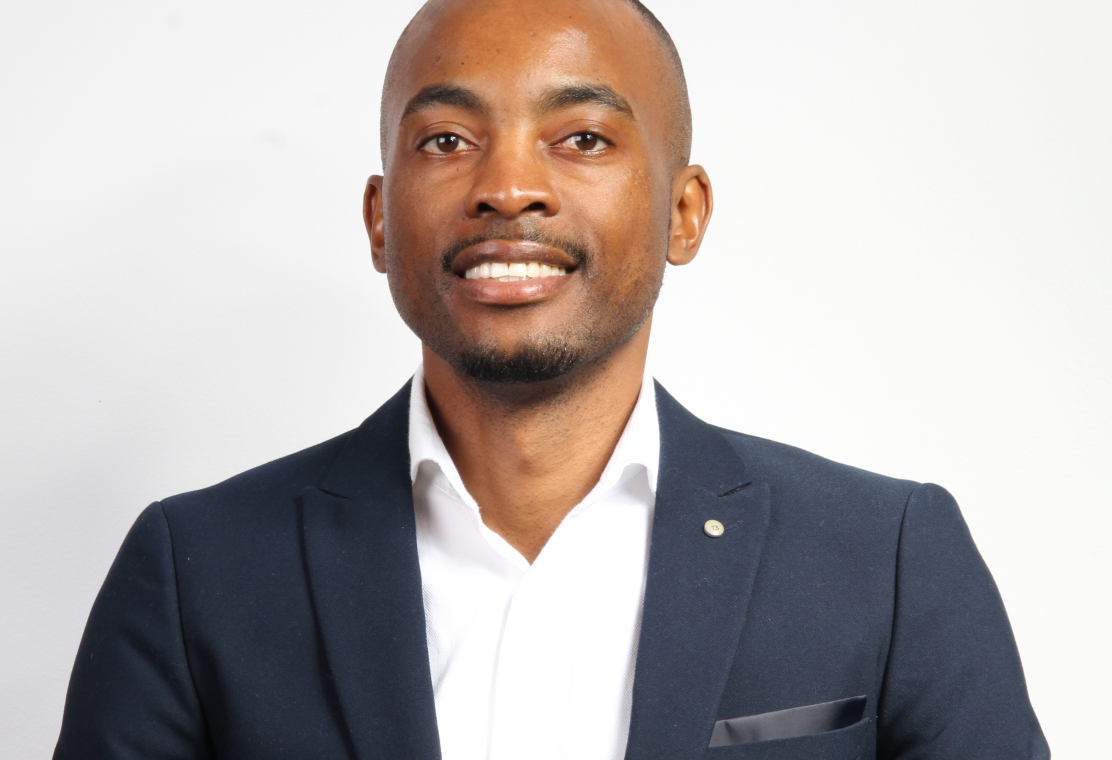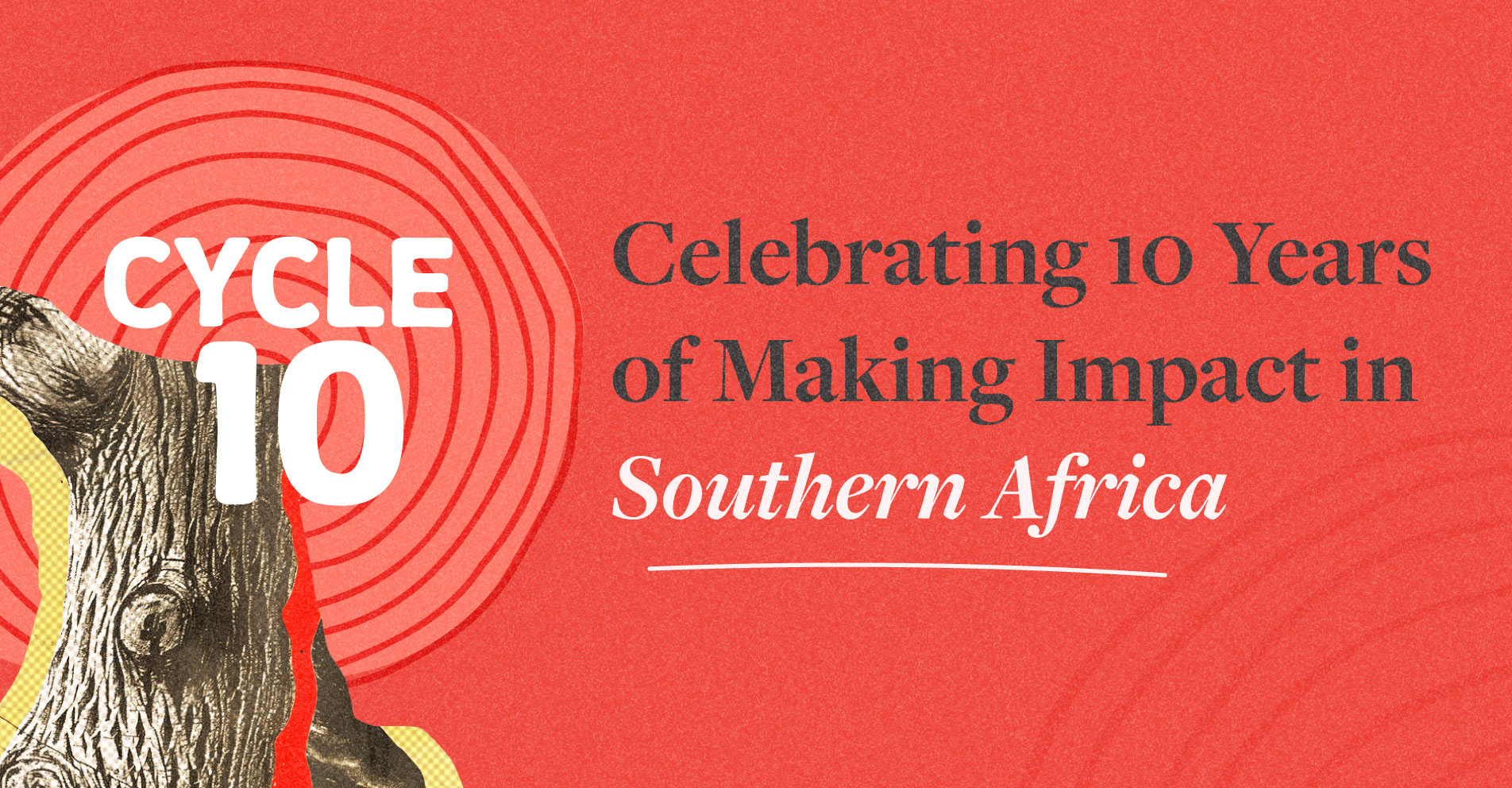
A scrappy, bootstrapping lean startup micro-enterprise that was going to be the opposite of a ‘big bureaucratic consulting firm’. This perhaps best describes Rebel South Africa at its inception. Now, ten years later, Rebel’s Johannesburg office employs eight people and is placed firmly among Africa’s economic advisories. Time for the Rebels to look back on big wins, major hurdles, and formative moments.
‘It was about exploring and seeing if we could do something different’, founder Andreas Bertoldi reminisces. As a self-employed consultant, Andreas had worked with Rebel’s Rotterdam office for some years, when his frequent Dutch partner asked him to join this ‘crazy bunch of interesting people’. After several talks at the head office in Rotterdam, Andreas decided to take the plunge. ‘’I was tired of corporate life, and of working alone. We already had some assignments and valuable personal relationships. And the bills – at least for now – were paid.’’
Starting proved relatively easy. However, the jump was not without risk. Any start-up could collapse. Moreover, Andreas didn’t know the other Rebels. How was he going to communicate from thousands of miles away, across countries and cultures?
Andreas wouldn’t be alone for long. That same year, Rebel welcomed employee no.2: Christian Gable. To Christian, who had studied in Rotterdam and already worked in South Africa for various economic development institutions, Rebel seemed ‘an organisation doing interesting and powerful things’. Because he couldn’t be fully paid at first, Christian kept working on his old projects under a Rebel contract until Andreas was able to ‘drag him up from the Cape.’ Still, Christian was thrilled about the possibilities, he recalls: ‘I knew I wasn’t joining a well-established company, we were scrappy, and we were going to find our way.’
The early milestones weren’t necessarily sexy. The Rebels recall simply making enough turnover to pay salaries. One of the milestones was the first time Rebel Southern Africa was able to pay out dividends. The venture has always paid its own way, something Andreas is particularly proud of.
Coco Belgarrab worked at an NGO where Andreas and Christian had their office. She knew Andreas and observed the start of Rebel from that 2×3 office sublet, Andreas and Christian sitting together at the same desk and ‘getting on each other’s nerves’, they recall laughing.
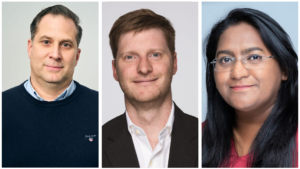
Left to right: Andreas Bertoldi, Christian Gable, Coco Belgarrab
But there was also a palpable sense of excitement in that little room as Rebel competed for big projects with the big-four auditing and big-five consulting firm. It was punching above its weight. Among the big early wins was an infrastructure project in Rwanda. Christian: ‘It was an example of what RGSA does well: strategic advisory within government – sitting down with the mayor and the minister of Infrastructure and helping them think critically about their master plan and their implementation agenda.’
By 2015, we had outgrown our original space and moved into a larger office. By 2016, our team had expanded to five Rebels, marking a pivotal step in our journey. There was lots of excitement and new projects. Many International Rebels visited the office in 2017 for the large multi-country Transnet rail transaction advisory project – another major milestone.
The team later took on a PPP-feasibility study for rural Zimbabwean schools, which needed significant investment. The project, which should have lasted six months, took three years and eventually ran out of money. Still, it offered the young venture valuable work experience. By complete surprise, Andreas found himself in a televised press conference assuring the assembled journalists that all was going to be well with the schools. Andreas: ‘The client had communicated it as though Rebel was going to fix all problems!’.
Today, Rebel has carved out a significant space of its own among much bigger firms. Citations of Rebel’s work by other agencies, companies and governments are a testament to its continuing success.
Rebel does well in helping the public and private sector understand each other, says Andreas: ‘The question is often: how does the state become more responsive to the private sector? And how does the private sector understand what drives government? We speak both languages well.’
Among the highlights are the many assignments in support of the South African National Innovational System (NSI), working with several clients including the DSI, TIA, NIPMO, CSIR, National Treasury and others to look at interventions to increase investments in, and drive, innovation and commercialisation. Also, the restructuring of Zimbabwe’s State-Owned Enterprises, a very significant – and high-profile – intervention, which increased regulatory oversight, thrust us into the complex waters of public governance reform but also cemented a strong portfolio of projects in Zimbabwe.
Even when Rebel tells clients what they don’t like to hear, they do appreciate it, the team says.
Still, the Rebels’ work in the public sphere can be a sobering experience. Rodney Kukubo, who joined in 2016, learned that the excitement and positive feedback from clients during projects can prove deceiving in the long run: ‘We are only with a client for so long. We operate in certain institutions and spaces, where there are unfortunately actors that make it challenging to realise change.’ He’s seen organisations fall short in implementing Rebel’s advice, or sometimes, fall to unethical behaviour.
In Europe and the US, the critical path between advice and achieving outcomes for the client is more straightforward than in Africa, adds Christian: ‘” In an African context, there are so many dynamics beyond the direct assignment deliverables that influence the outcome. Our key differentiating ability has been to ensure that these dynamics are not just acknowledged in a project but shape our advice and delivery. In this way, Rebel has been key to restructuring several major government organisations, the Infrastructure Bank of Zimbabwe, the African Development Bank and the Social Housing Regulatory Authority in South Africa among them. ‘Rebel has had an impact by being part of these institutions as they figure out how to go forward: how they organise themselves, what they prioritise,’ says Christian.
Even if organisations haven’t implemented Rebel’s advice completely, traces are left behind, says Andreas: ‘I think we did great work developing an inner-city housing strategy for Johannesburg, using innovative methodologies and technologies. At least now, there is a legal process which forces the city to deal with it.’
In Kigali, Rebel helped to ensure that the newest Master Plan was supported with a credible implementation plan. Previous versions of the Master Plan had experienced wide-spread critique, in the sense of not addressing current spatial and economic realities and endeavouring to ‘recreate Singaporean built form in the heart of East Africa’. Our work focused on complementing the newer version of the plan, which emphasised incrementalism and managing informal settlements, with policy tools to mobilise the city administration in realising this vision. This involved considering how to stage-gate and monitor success as the informal settlement upgrade process unfolded and the city administration sought to support informal and small business growth.
Andreas: ‘Most of what we recommend, happens. But it often takes a lot longer and it’s not always exactly the advice we offer, but our work pops up sometimes many years later.’
The COVID pandemic was especially tough, as so much of the work is dependent on personal relationships. Several projects were cancelled during this period. Andreas: ‘Christian and I would fly to Kigali or Harare for one meeting because it was very important to keep a good relationship with our client and interact with them on a human level.’
It is in their travels that the Rebels have had their wildest adventures. Andreas remembers the ‘flea pits’ Rebels stayed in during business trips. And there was the time he and a colleague got stuck in Gaborone traffic when Coco had to call the airline to keep the plane on the runway; Christian’s punching of papers during a bumpy car ride on the way to putting in a Transnet bid; the Ministry of Communications building in Harare where the team had to walk up twenty flights of stairs in suits; and Rebel Laurens Cloete’s conscious decision to bring his own drink to a meeting at a utility company, after ‘someone had been poisoned’.
The tight-knit team has had plenty of fun along the way, not just on the road, but at office rooftop parties and barbecues. The 2×3 eventually made way for a larger office space, which the team painted and decorated with furniture of its own, including a love-or-hate-it modernist (Rotterdam Rebel-office style) red couch and an English phone booth. ‘I had to drive to God knows where to pick the couch up from a dodgy Chinese importer.’ Andreas jokes.
To Andreas, seeing Rebels develop has been the most rewarding part of the last ten years: ‘I’m immensely proud of people like Christian, who have grown tremendously. To me, it says something about the training people get here. Rodney pretty much joined us straight out of university. He practically grew up here. And obviously, we couldn’t function without people like Coco, who helps keep it all together.’
Rodney: ‘Christian, Coco and Andreas have been very helpful along my journey. I remember a lot of late nights. It’s hard to quantify. I got my master’s degree while working here. I have grown professionally, but also personally. I would like to believe that such developments have had a positive impact not only on myself but on the people around me.’
Coco, who came over from an NGO at the time, joined Rebel because of the social impact it makes. ‘We all speak about impact differently, but I can see we are making a change in the world, whether we do it here in South Africa or on the continent.’
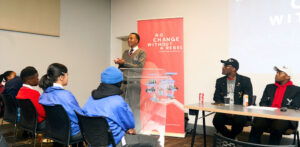
Third Junior Academy in a row
Rebel has given back through its Junior Academy, where teenagers learn to develop their language, debating and leadership skills over two months, prepping them for their future academic or work careers. Rebels contribute by offering workshops in their respective fields. Coco: ‘The kids often come from socially disadvantaged backgrounds and when they come in, they are very young. Seeing them come back each year, it’s refreshing to see the impact Rebel has made in their lives.’
Andreas: ‘I want to continue to build a work environment where we do interesting and meaningful projects. It’s never been just about the money. It’s also about building a space where people feel at home. Instead of work-life balance, we should aim for a more human workplace. And to me, the future is about trying to grow that model.’
In the future, Rebel South Africa wants to continue as a business that does interesting and innovative work, expanding into new markets and sectors. Rebel has proven itself able to champion projects in nascent industries, again serving as a bridge between the public and private sectors, such as in the green hydrogen space. Rebel became involved in hydrogen early on in projects where we supported the Department of Science and Innovation.
When the green hydrogen wave broke around 2020 the Rebels in Johannesburg were well positioned to help create the enabling framework for this new industry through our work on regulations codes and standards, analysing the economic impacts of green hydrogen and assisting governments from provincial to continental level with hydrogen strategies. Laurens Cloete shares that: “the somewhat crazy decision to submit a proposal to the World Bank to support the Tunisian government in developing their hydrogen export industry brought dividends not only in terms of working in Francophone North Africa but positioning RGSA as a continental player. Follow-up work in Tunisia, a new project in Algeria and the recent selection by the African Union Commission for Rebel to develop the African Green Hydrogen Strategy, made the just-in-time French immersion course the week before the inception meeting in French in Tunis more than worth it.
Rodney hopes that Rebel, in any case, holds on to a fundamental drive to do good: ‘That means not necessarily chasing shiny projects for their monetary values, and simply growing the number of employees and business cases. It’s about continuously finding people who are passionate and have a desire to grow personally. To maintain that can be difficult, but it’s definitely possible.’
